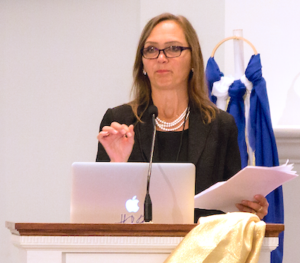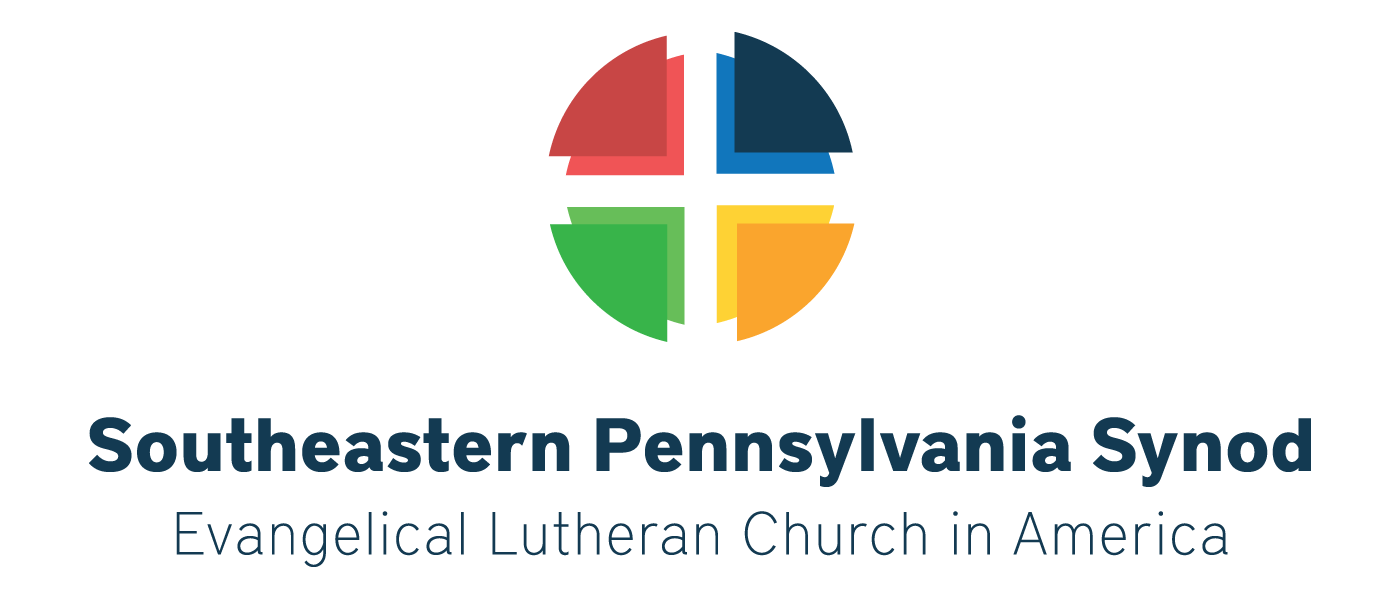May 13, 2016 in 2016 Assembly, Assembly, Resources
Reformation 500: ‘Explore, Empower and Be Energized’
The upcoming 500th anniversary of the Reformation is a gift to the church. It’s an opportunity to explore, empower, and be energized. It’s a chance to reconnect to our deepest tradition of freedom and to reform stale and stagnant observations of a tradition that began with Luther’s fresh reading of the scriptures and the new world that opened to him as he engaged new questions.
In often wide-ranging discussions, The Rev. Dr. Kirsi Stjerna, who teaches Lutheran history and theology at Pacific Lutheran Theological Seminary, shared two keynote addresses and led a forum through which she explored the roots and key issues of the Reformation, and possible future directions for the church as it approaches what can be an opportunity for Lutherans to renew their relationship with the ongoing work of reforming and meeting the changing expressions of culture.
“We can’t be in a bubble or our tradition will die,” Stjerna said, noting that the church can move forward as a reforming presence in the 21st century.
She spoke about paying attention to “urgencies” in our times, areas that Lutherans must engage in order to bridge the reformation begun during Luther’s time with the future. These include inclusivity, marriage and sexuality, spirituality, and hospitality.
“Lutheran theology calls for embodied presence.” For Stjerna, key to understanding the Reformation movement are the new understandings that formed the foundation of Lutheran theology: how grace and freedom are connected. Lutherans have inherited a tradition that promotes equality, freedom, spiritual health, welfare and education of all, and that values children, sexuality and human relations. This tradition calls the church to be very much in the world, totally inclusive and sharing the Gospel with all.
She spoke about conflict and confusion in congregations and possible ways to address this by courageously engaging relevant questions:
What makes us uniquely Lutheran today? Why would anybody want to be Lutheran? What is the potential for the future? What unites us? What issues do we have to overcome? Who will be “with” us? Who will lead?
Stjerna spoke of grace as a “defiant notion” and emphasized the ways our lives are “driven by God’s grace into the world.” Because of the Reformation, we have more “freedom to question” and this gives us many spiritual points-of-view to add to the rich diversity across the church. The anniversary is an opportunity to observe who we have become, reflect on what is core to our tradition, and begin to express that differently as we celebrate the genesis of a new time of reformation in the life of the church.
Part One:
Part Two:
Augsburg-Fortress will soon roll out its Still Reforming resources to help congregations to begin to think about celebrating the Reformation. Assembly participants received a sampler and catalogue of resources that will become available in June. The Rev. Martin Seltz, publisher for worship, music and congregational life, echoed our Forward Together in Faith themes of equipping, networking, communicating, and innovating as he invited congregations to continue the work of reformation which promises to invigorate, inspire, and energize.
The Reformation 500 Sourcebook, available June 15, will have the most content and will include ideas, checklists and digital resources for congregations to help engage their members and the community. More information is available at www.ELCA500.org.


